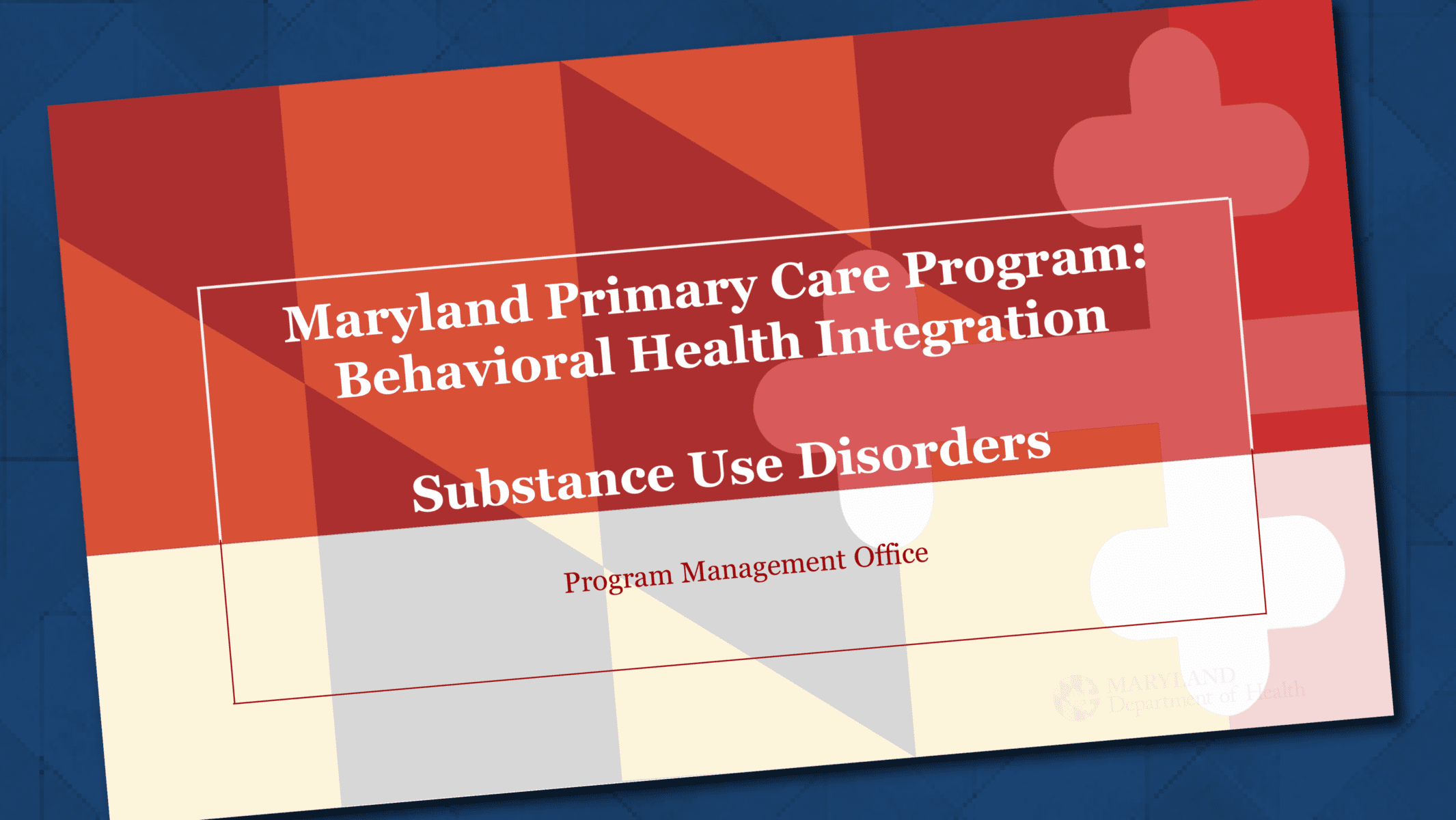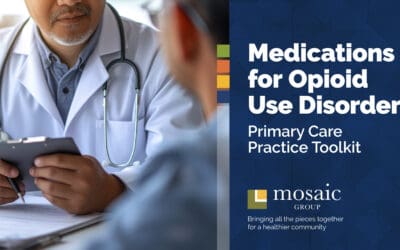The Challenge
In January 2019, the state of Maryland started to transition from an all-payer hospital rate-setting system to a Total Cost of Care (TCOC) Model. Under the new TCOC Model, care delivery across the state was to progressively transform to enhance patient-centered care while reducing total Medicare costs. This progression includes:
- Incentivizing greater care coordination across both hospital and non-hospital settings.
- Implementing advanced primary care.
- Developing bold quality improvement goals.
- Leveraging upcoming credits for population health efforts.
To be successful under the TCOC Model, the Maryland Primary Care Program (MDPCP) must efficiently and effectively train primary care practices in the Advanced Primary Care model, how to integrate behavioral health, how to integrate SBIRT and measure substance use treatment.
How We Helped
Mosaic Groups provided strategic planning, workflow process development, training, and technical support for MDPCP to integrate behavioral health services into primary care practices. Our program is designed to be fully integrated and sustainable. We trained primary care providers how to screen patients, provide brief interventions and referrals to treatment, integrate behavioral health and substance use issues into electronic health records, and build on a patient-centered medical home (PCMH) model.
Our Impact
Mosaic Group has trained clinical and ancillary staff to implement effective screening, brief interventions, and linkage to treatment services across the state of Maryland—in over 100 primary care settings in Maryland. Take a look at one of Maryland’s presentations for this program.




